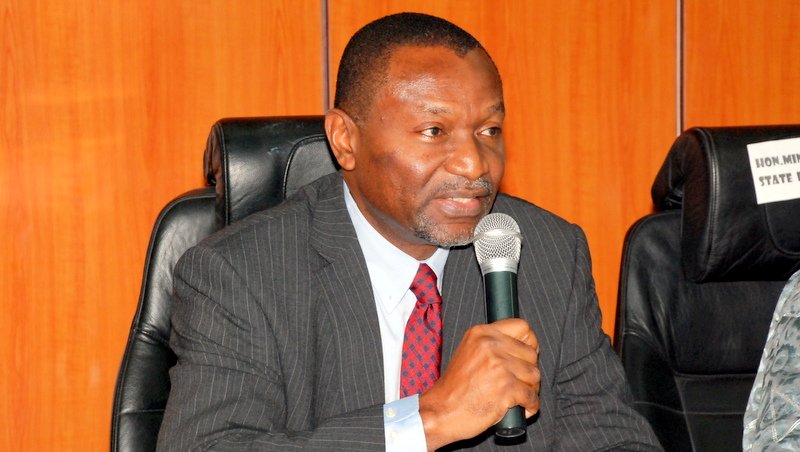- FG to Reduce Cost of Governance by N300bn
The Federal Government is planning to implement a bouquet of strategies that will enable it to achieve a reduction in recurrent expenditure by N300bn annually.
The strategies prepared by the Ministry of Budget and National Planning would further reduce personnel costs by eliminating unjustified entries in government payroll, it was learnt.
A copy of the document showing details of the plan indicated that five agencies of government had been saddled with the responsibility of implementing the strategies.
They are the Ministry of Finance, Ministry of Budget and National Planning, Office of the Head of the Civil Service of the Federation, Bureau of Public Procurement and Debt Management Office.
Based on the plan of the government, there will be massive reduction in the frequency of travels and sitting allowance; reduction in printing and publication expenditure as well as introduction of new allowable expenses guidelines and templates to control the expenses of government-owned enterprises.
Other cost cutting measures to be implemented by the government are extending the Integrated Payroll and Personnel Information System to paramilitary agencies; optimising overheads by “doing more with less” and making the bidding process in public procurement more competitive.
Also, as part of efforts to free up more resources for implementation of government programmes, there are plans to develop and implement a collective demand process for government agencies to take advantage of the benefits of group purchasing, such as discounts.
To further reduce the amount spent on overheads, the government is planning to implement a shared services structure across agencies of government by maximising the use of Federal Government buildings.
This would involve creating clusters for government agencies to share information and communication technology infrastructure and support services, thereby bringing down the cost of overheads.
Speaking on government’s strategy to take the economy to the path of development, the Minister of Budget and National Planning, Senator Udo Udoma, said the first step was for the government to focus on its priorities, adding that this would be followed by establishment of detailed action plans.
He said other implementation strategies would involve mobilisation and allocation of resources to priority areas; creation of an enabling policy and regulatory environment; and setting up delivery units to monitor finances and drive progress.
He said, “We are focused on the full and effective implementation of every aspect of the recovery plan.
“We are pursuing a path that will move Nigeria away from jobless growth driven mainly by petroleum revenues to an inclusive and broad-based growth.
“We cannot enjoy the benefits of the economic growth plan unless it is effectively and faithfully implemented. We have already commenced the process of developing a detailed implementation road map.
“This will lay out the road map for a step by step delivery of each of the strategies. Each strategy will be further broken down into components activities, sub-activities and actions.”
He added, “Each action will be supported by clearly assigned responsibilities; it will be sequenced against clear milestones and timelines for ease of monitoring.”
While stating that the implementation of economic strategies were vital for growth, the minister admitted that in the past, the implementation of government programmes had not been too encouraging owing to lack of effective implementation strategies.
He added that the current administration was determined to reverse this trend.

 Forex4 weeks ago
Forex4 weeks ago
 Naira3 weeks ago
Naira3 weeks ago
 Billionaire Watch3 weeks ago
Billionaire Watch3 weeks ago



 Naira4 weeks ago
Naira4 weeks ago






 Naira3 weeks ago
Naira3 weeks ago


 Naira2 weeks ago
Naira2 weeks ago






 Naira2 weeks ago
Naira2 weeks ago
 Commodities4 weeks ago
Commodities4 weeks ago






















